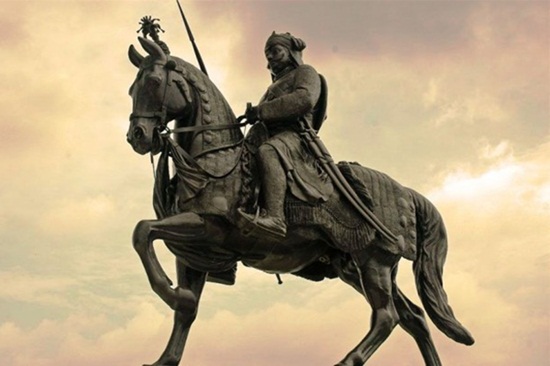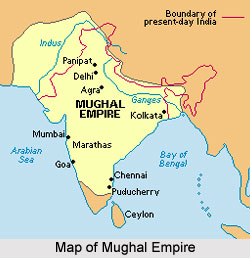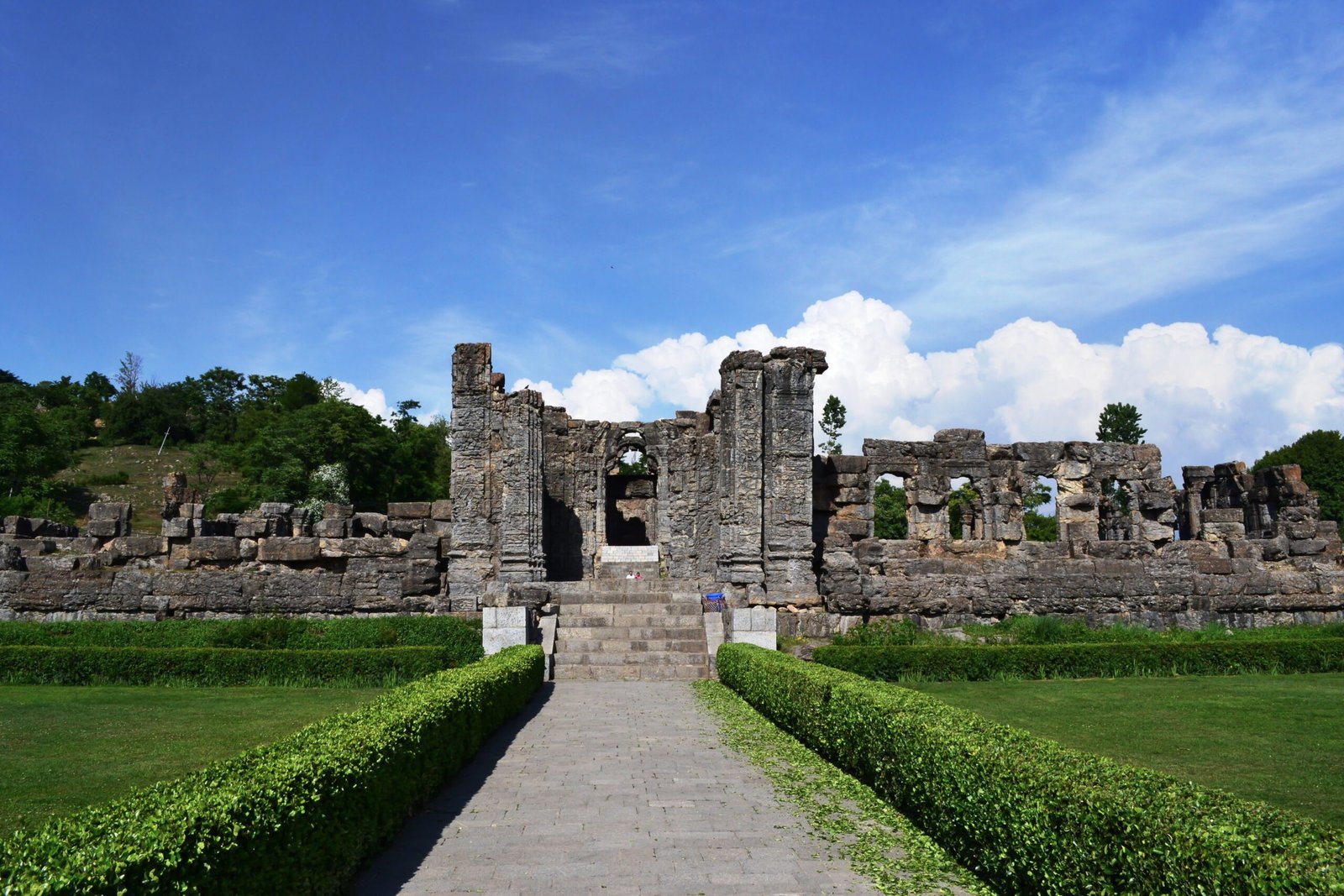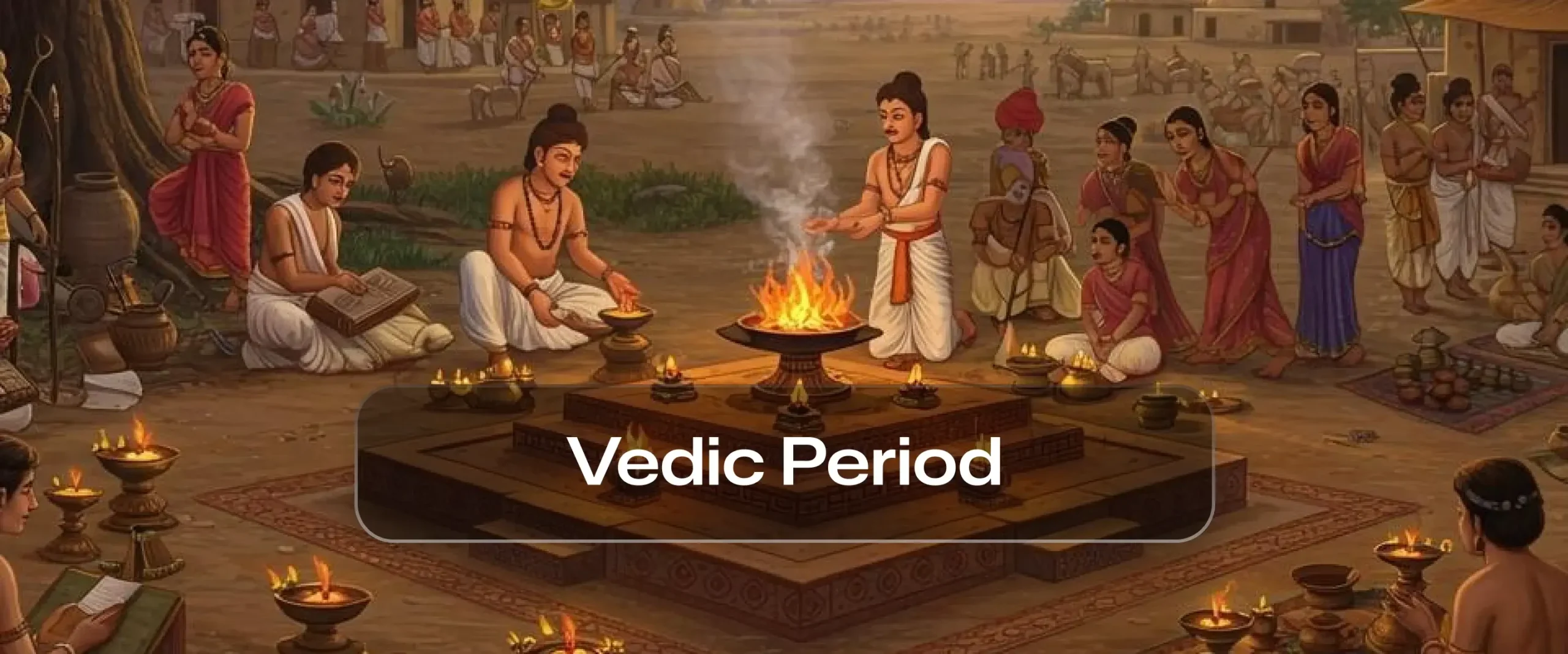One of India’s most revered warriors, Maharana Pratap was the 13th ruler of Mewar. He was born on 9 May 1540 in Kumbhalgarh, Rajasthan. He is remembered for his indomitable courage, patriotism, and relentless resistance against the Mughal Emperor Akbar. His legacy as a symbol of Rajput’s valor and independence inspired generations.
Early life and coronation of Maharana Pratap
Maharana Pratap was the son of Maharana Uday Singh II and Rani Jaywant Bai. After his father died in 1572, he ascended the throne of Mewar. Unlike other Rajput rulers who accepted Mughal suzerainty, Maharana Pratap refused to bow down to Akbar and decided to defend his kingdom with unwavering determination.
Battle of Haldighati (1576)
One of the most famous battles in Indian history, the Battle of Haldighati was fought between Maharana Pratap and the Mughal army led by Man Singh I of Amber. Despite being vastly outnumbered, Maharana Pratap and his army displayed extraordinary bravery. Although the battle ended in a tactical defeat, Pratap’s tenacity forced the Mughals to retreat from the difficult terrain of Mewar, which turned out to be a strategic victory for the Rajputs.
Guerrilla warfare and resistance
After the Battle of Haldighati, Maharana Pratap adopted guerrilla warfare tactics to regain his lost territory. He launched a series of successful attacks on Mughal forts, eventually recovering most of Mewar except Chittorgarh. His ability to fight against a much stronger enemy with limited resources demonstrates his military genius and undying morale.
Exile and hardship
During his struggle, Maharana Pratap and his family endured extreme hardship. He chose to live in the forest, surviving on wild berries and roots, yet he never compromised his sovereignty. His loyal horse, Chetak, became a legendary figure, known for his role in the Battle of Haldighati, where he sacrificed his life to protect Maharana Pratap.
Later years and legacy
In his later years, Maharana Pratap continued his resistance against the Mughals and was able to reclaim most of his kingdom. He died on 19 January 1597 due to injuries sustained in the battle. His unwavering spirit, self-sacrifice, and commitment to his land place him among the greatest warriors of India.
Maharana Pratap’s life is a testament to the values of courage, determination, and patriotism. He remains an enduring symbol of resistance against oppression and a symbol of Rajput pride. His story inspires countless Indians, reminding them of the importance of self-respect and unwavering devotion to their motherland.
Read Also: S.D. Burman
![]()





